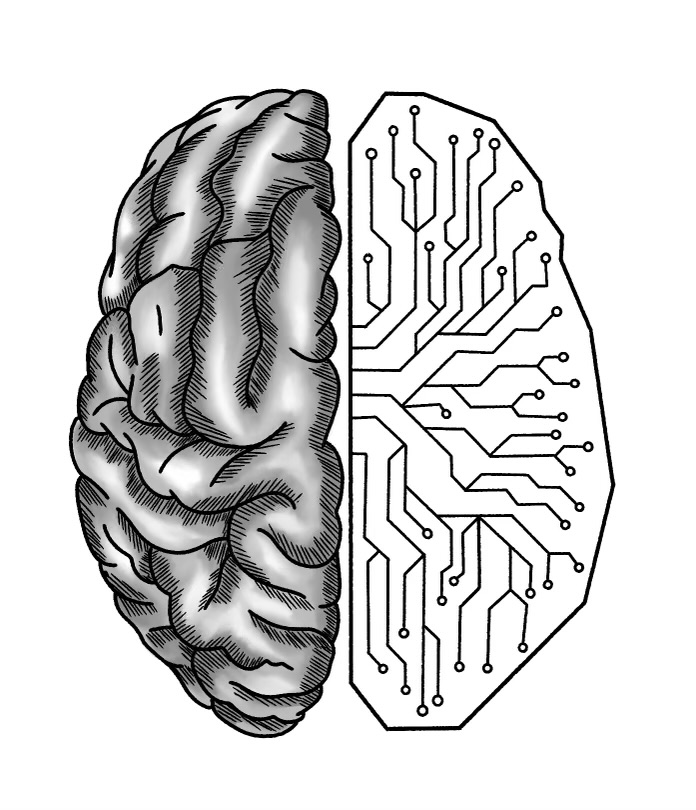Who is your role model? Maybe it’s a teacher, a coach, or a parent. Whoever it may be, their influence extends far beyond the role that they play in day-to-day activities. As we begin our journey towards adulthood, it’s easy for us to forget how much teachers, administrators, and coaches impact our lives. The adults who are an active part in our lives today are not only important to our development, but also to our decision-making in the future because of the influence they have on us in our teenage years.

Recently, the former Branson headmaster was arrested, and a number of my friends who attend the school mentioned that the situation made them feel scared. Initially, their fear surprised me because that wasn’t the reaction I would have anticipated. But as I talked to each of them, I realized why the news had left them so shaken.
It wasn’t because they thought that anything about the school would fundamentally change––it was because the person of the highest authority, the one whom they felt they could trust the most at school, compromised the students’ sense of security. While actions of one man aren’t indicative of all adults in our community, they are a reminder that adults hold great responsibility as role models for our generation.
Our teenage years encompass an impressionable stage in our lives. While teenagers may come across as thinking they “know it all,” the brain is far from fully developed during these critical years.
Many of the key components of the brain don’t resemble those of an adult brain until a person’s early twenties, according to the National Institute for Mental Health. This means that the teenage years are a critical period of development, when behavior is shaped not only by a person’s genes, but by their surrounding environment and their childhood experiences. Adult behavior is a large part of what creates the environment around us, and because of this adults are crucial to the way we develop and make decisions.
A study published by the National Center for Biotechnology Information showed that the positive psychological effects of playing team sports as a teen are especially beneficial if the participation in the sport is paired with positive and effective coaching.
Pep talks from coaches, lectures from teachers, and observing the habits of our parents each become ingrained into our brains and help shape the way we will think and make decisions as adults, even though they may not appear to have life-changing impact in the moment.
The types of activities that we choose to do and are exposed to in our high school years will translate into the choices we make later on, according to Jay Giedd, a neuroscientist at the National Institute for Mental Health.
“If a teen is doing music or sports or academics, those are the cells and connections that will be hard-wired. If they’re lying on the couch or playing video games or MTV, those are the cells and connections that are going [to] survive,” Giedd wrote in a 2000 study.
While our teenage years mark the beginning of a transition into the future, we need the adults in our lives today to uphold the responsibility of teaching us and showing us how to be the people we need to be.






